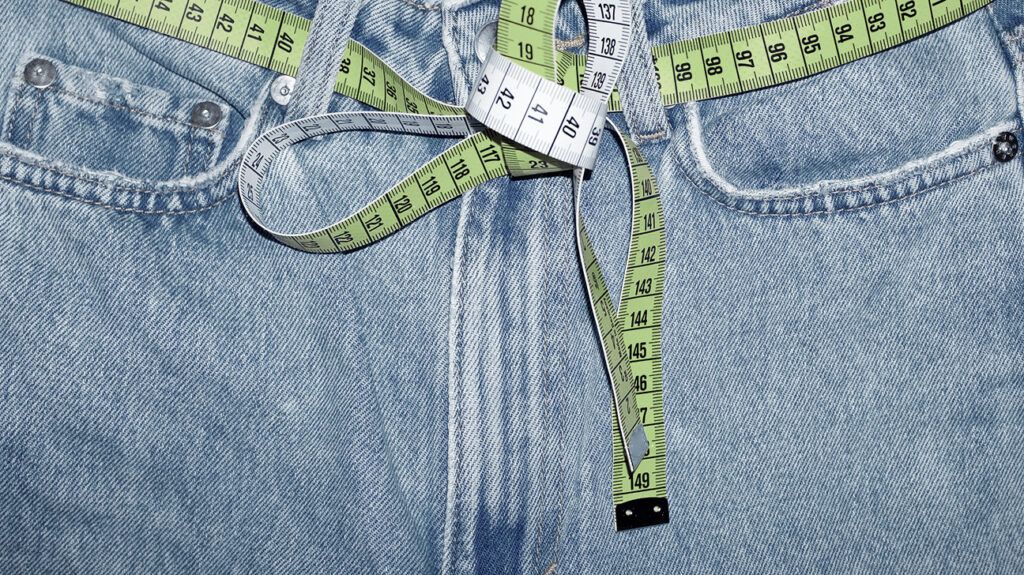Sometimes, a loss of appetite and body weight after kidney surgery results from undergoing the surgery itself. For example, a person may feel nauseous after surgery or need additional calories as the body is healing.
A person must try to eat a range of healthy foods after a nephrectomy, which refers to the procedure to remove a kidney.
Post-operative nausea is
Read on to learn more about weight loss after kidney removal.

The reasons for someone losing weight after kidney surgery are highly individual.
However, usually one of the following factors may contribute in some way.
Moving less
After kidney surgery, a person may not be able to move as much as they used to. In fact, it may take up to 4 weeks until an individual gets back to their usual levels of activity.
However, they may not be able to swim, jog, or lift anything heavy for up to 6 weeks. They may lose muscle mass for this reason.
Need for additional nutrients
After surgery, the body needs energy and nutrients for healing. So, there
Nausea from anaesthetic
Postoperative nausea is
Recurrence of cancer
If someone had a kidney removed because of renal cell carcinoma (RCC), weight loss could be a sign of cancer returning. For this reason, weight loss after kidney surgery for RCC
A person needs to contact their doctor if they keep losing weight for any reason.
If someone has undergone kidney removal due to RCC, they need to speak with a doctor urgently if they are unexpectedly losing weight after surgery.
To help prevent a loss of appetite and consequently weight loss after kidney surgery, a person needs to follow instructions from their doctor, who may provide them with dietary tips.
These tips could include the following:
- eat regular meals three or more times a day
- eat a balanced, nutritious diet, including fruit and vegetables
- consume plenty of liquids
If someone is experiencing unintentional weight loss after kidney surgery, they can take several actions. They can consult a doctor about a loss of appetite or their inability to keep weight on. They can also consider making a habit of eating meals at
Here are answers to common questions about kidney removal surgery.
Why am I gaining weight after kidney removal?
People can gain weight for several reasons after a kidney removal or any major abdominal surgery.
Researchers partly attribute this to an
What are the long-term side effects of having a kidney removed?
When someone undergoes kidney removal surgery, they may have problems with their blood pressure afterward.
A
How long does it take to recover fully from kidney removal?
After kidney surgery, a person may be able to return to work within 2 to 4 weeks of surgery. However, if their work involves heavy lifting, they may have to wait 6 weeks, though this time frame can vary.
People need to try to take part in physical activity that their doctor recommends from the first day after surgery. A person’s healthcare team will help create a tailored post-operative treatment plan.
Weight loss after kidney removal can occur for several reasons, including a loss of appetite and a need for additional nutrients. Some people may also experience nausea from being under general anesthetic, which can also affect how much they eat after surgery.
If a person has concerns about weight loss after surgery, they need to consult a doctor urgently.
